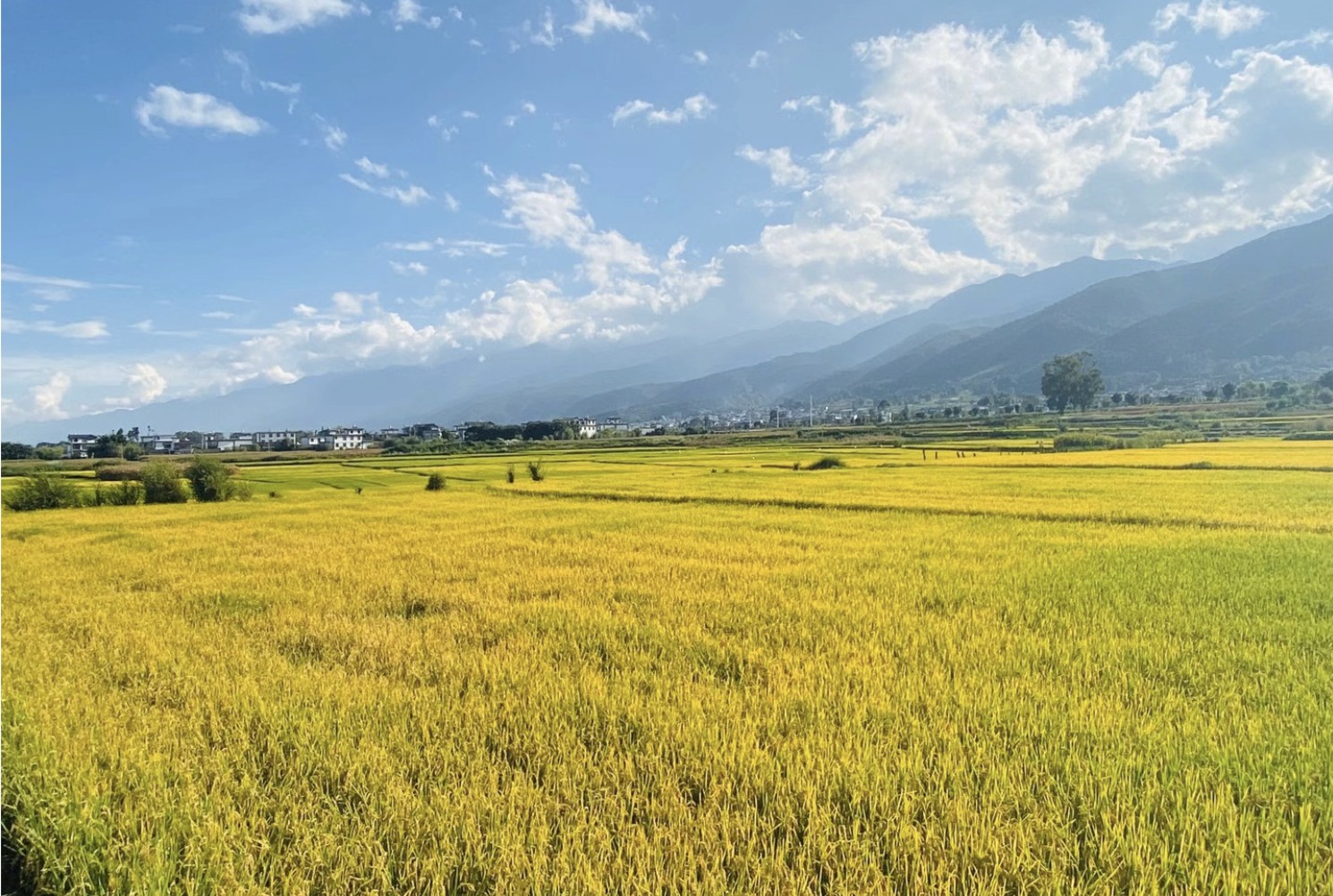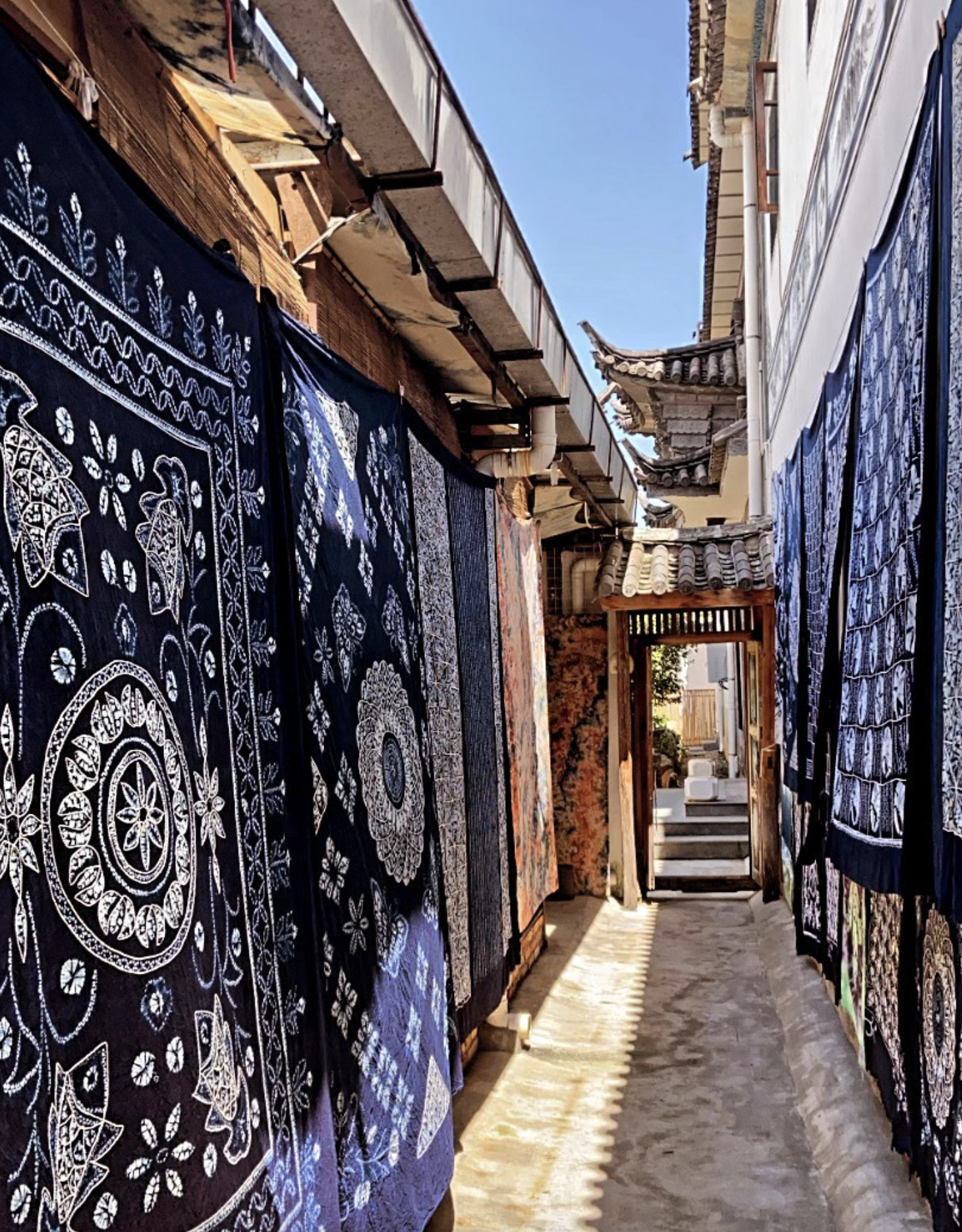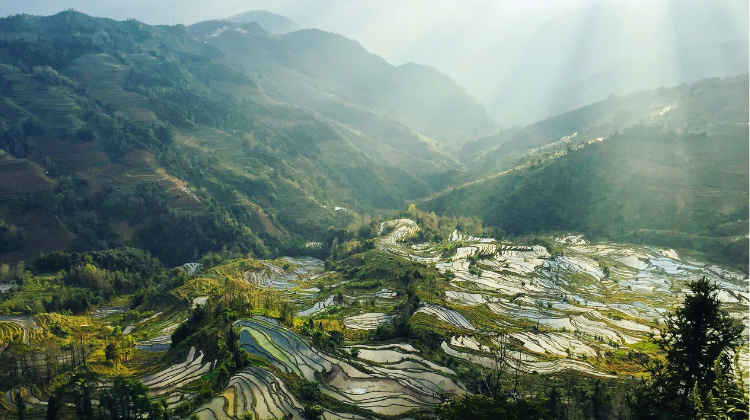Every traveler to China seems to have a place that stays in their heart — for me and for many others, that place is 云南 (Yúnnán) province. Its name literally translates to “south of the clouds,” a poetic image that perfectly fits the soft, ever-changing skies.
Located in China’s southwest, bordering Laos and Myanmar, Yunnan’s beauty goes far beyond its gentle climate. It’s in the golden glow of rice terraces after rain, the earthy scent of Pu’er tea (普洱茶) drifting through mountain streets, the snow-capped Himalayan peaks, and the way multiple cultures come together to shape one landscape with quiet respect. Here, beauty isn’t only something you see — it’s something you feel in the slow, steady rhythm of life.
That’s why if you ever come to China, I suggest spending at least one week in Yunnan. I’ve visited several times myself with the longest stay lasting a full month. Here are some of my most unforgettable moments and places that made me understand why everyone falls in love with Yunnan.
Start with Kūnmíng (昆明): The City of Eternal Spring
Most journeys to Yunnan begin in its capital city, Kunming (昆明). Sitting high on a plateau more than 1,900 meters above sea level, Kunming enjoys mild temperatures year-round. People often describe it as “四季如春 (sì jì rú chūn)”, literally meaning “every season is like spring”.
If you ask any local what to eat, the first answer will almost always be 过桥米线 (guò qiáo mǐxiàn) — Crossing-the-Bridge Noodles. The story goes that a scholar’s wife crossed a long bridge every day to bring him hot soup. To keep it warm, she carried the ingredients separately — a pot of steaming broth, thin slices of meat, and fresh rice noodles — combining them only when she arrived. That simple act of care turned into one of Yunnan’s most beloved dishes.
Sitting in a small Kunming restaurant, you’re served the same way: first the bubbling broth, then the noodles, followed by eggs, vegetables, and tender meat that cook in the heat before your eyes. It’s not just a meal — it’s a reminder of love.
Discover Dàlǐ (大理): The Heart of Bái (白) Culture
A two-hour train ride west from Kunming takes you to the town of Dali (大理), where Yunnan’s cultural richness comes into focus. The province is a tapestry of cultures, home to 25 of China’s 56 ethnic groups, each with its own language, customs, and traditions.
Among them, the Bai ethnic group (白族) has long shaped the spirit of Dali. Their whitewashed houses stand between Cangshan Mountain (苍山) and Erhai Lake (洱海). Driving along Erhai, I was mesmerized by the golden glow of the rice fields. Everything seemed to slow down, and the China before me was no longer the ultra-modern version we know, but one that moves to the quiet rhythm of the earth.

One of the Bai people’s most beautiful traditions is 扎染 (zhārǎn) — tie-dyeing. Using natural indigo dye made from local plants, artisans fold, stitch, and tie white fabric into intricate patterns before dipping it into deep blue. When the cloth is unfolded, every piece reveals a unique design — no two are ever the same.

Today, visitors can experience 扎染 (zhārǎn) for themselves in the villages around Dali, especially in Zhoucheng (周城), known as the “hometown of tie-dye.” It’s a slow, meditative process: the dye seeps into the fabric, and time seems to slow with it. Looking up at the tie-dyed cloths swaying in the wind, you feel lost in a sea of blue — soft, endless, and full of freedom.


Sip Pǔ’ěr (普洱): The Patience of Tea
No journey through Yunnan is complete without tasting Pu’er tea (普洱茶).
Pu’er tea comes from the misty mountains of southern Yunnan, where ancient tea trees grow wild. Some are hundreds of years old, their roots deep in red earth rich with minerals. The leaves are handpicked, dried in the sun, and then gently pressed into round cakes called bingchá (饼茶). Unlike most teas, Pu’er is aged — not drunk fresh. Time transforms it. Its flavor deepens, softens, and grows smoother with every passing year. I would say, the smell of Pu’er is an acquired taste, but once you’ve come to love it, it would be hard to forget.
Sitting with locals over a pot of Pu’er, you realize it’s not just tea, but a conversation with time. The first infusion is bold, the second gentle, the third mellow and sweet — each cup revealing a new layer, like you are listening to time tell its secrets.
Yúnnán (云南): The Place That Stays With You
Of course, Yunnan has much more to offer — from the snow-capped mountains of Lijiang (丽江), to the monasteries in Shangri-La (香格里拉), to the tropical forests of Xishuangbanna (西双版纳). Yunnan is so diverse that every time I go, I discover a new side of it to fall in love with.
What about you? Have you ever been to Yunnan? I’d love to hear about your travel experiences in the comments below.







